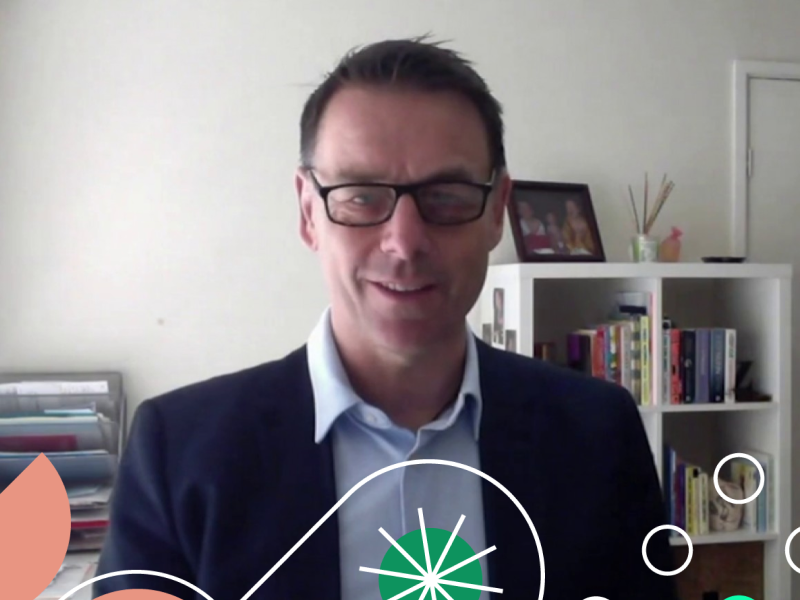Dr Kevin Bell | Head of Higher Education and Research - ANZO, AWS
In this video (part 2 of 2), Dr Kevin Bell continues his discussion on disruption in the higher education sector and the viability of alternative learning modalities such as micro-credentialing. He reinforces the sentiment that universities can either innovate themselves to meet evolving workforce demands, or wait to become irrelevant.
In forecasting the growth and potential ascendancy of skill-based learning platforms, Kevin acknowledges the resistance to non-university accreditation. The proxy for employers is still the piece of paper that accompanies a standard 3-4 year degree, imbued with the prestige and reputation of the institution. However, he predicts that demonstrable competencies will win out over these traditional expectations in securing buy-in from organisations and employers.
According to Kevin, building integrity into the credential will be key, and that workforce demands will help shift thinking on learning delivery. He speculates whether the current fixation on which institution a student gets their learning from and how that learning content is delivered, will yield, ultimately switching the focus to the outcomes of that content and what it enables students to do. Kevin circles back to the idea that future learning modalities must be anchored by rock solid assessment and deliverables.
(Kevin was the Founder of Digital Education Analytics and an Education Consultant at KPMG when the interview was conducted)




